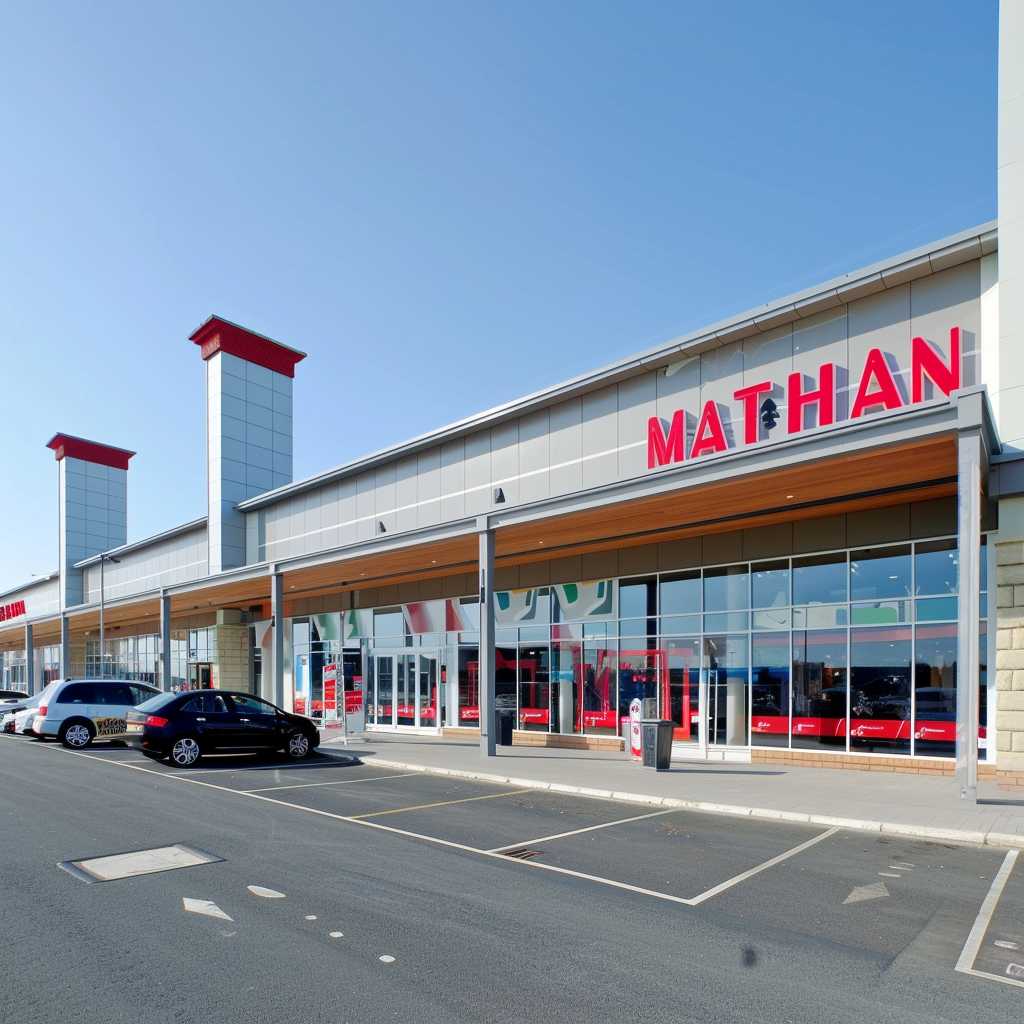Understanding Matalan: The Value Retail Chain in the UK Market
Matalan is a British fashion and homeware retail chain known for its value-for-money offerings, serving customers with a wide range of products at competitive prices. Founded by John Hargreaves in 1985, the company has grown to become one of the UK’s leading retail operators, distinguishing itself from other high street names with a unique business model and customer approach.
The History and Growth of Matalan
Matalan’s foundation in the mid-1980s marked the beginning of a new kind of retail experience in the UK. John Hargreaves started the company after being inspired by American retail, observing that offering department-store quality products at prices closer to those of a discount outlet provided a unique selling proposition. He established the first Matalan store in Preston, Lancashire, and since then, the organization has expanded nationwide.
As a pioneer of the out-of-town retailer model, Matalan initially established its stores on the outskirts of urban centers where real estate was less expensive, enabling the company to pass rental savings to customers through lower product prices. Over time, Matalan changed course slightly by introducing more centrally located stores in response to customer demand.
The Business Strategy of Matalan
Matalan’s business strategy hinges on offering value – not just through product pricing but also through the quality and design of its products. Their broad target market includes families looking for value across apparel and home goods without compromising on trend relevance or product integrity. The ‘buying power’ suspected behind the scenes enables Matalan to keep prices down; by ordering large volumes of each product, they can bargain for better rates from suppliers.
Furthermore, Matalan operates with a membership scheme where customers sign up for a free Matalan card. This retail strategy not only encourages customer loyalty but also facilitates the collection of data about purchasing trends and preferences, allowing for more tailored marketing initiatives. While this is common practice among retailers today, it was a forward-thinking move when first introduced.
Current Operations and Online Transition
Matalan’s success has benefited from its capacity to adapt to changing consumer behaviors. With the acceleration of digital shopping, Matalan has embraced e-commerce while still retaining its brick-and-mortar presence. The combination of an online store and physical locations aims to serve customers who prefer browsing products in-store before placing orders from the comfort of their own homes or vice versa.
COVID-19 pandemic restrictions have tested the resilience and agility of many retail firms. Matalan was no exception, as they had to close physical stores temporarily due to lockdowns. Despite such challenges, the company strove to keep up sales via their online platform, realizing that a successful post-pandemic recovery would necessitate a robust online-offline synergy.
Challenges and Opportunities Ahead
One of the key recent challenges for Matalan has been navigating economic fluctuations and congested marketspaces while ensuring sustainable growth. Competitive pressure from both other brick-and-mortar value retailers and rising online fashion brands presents an ongoing test to Matalan’s purported unique balance between quality and affordability.
Looking towards future opportunities, Matalan may explore further enhancing its sustainability credentials – an increasingly important factor for consumers – while continuing to innovate in terms of product offerings and customer engagement practices financially and ethically fit for a changing world.
